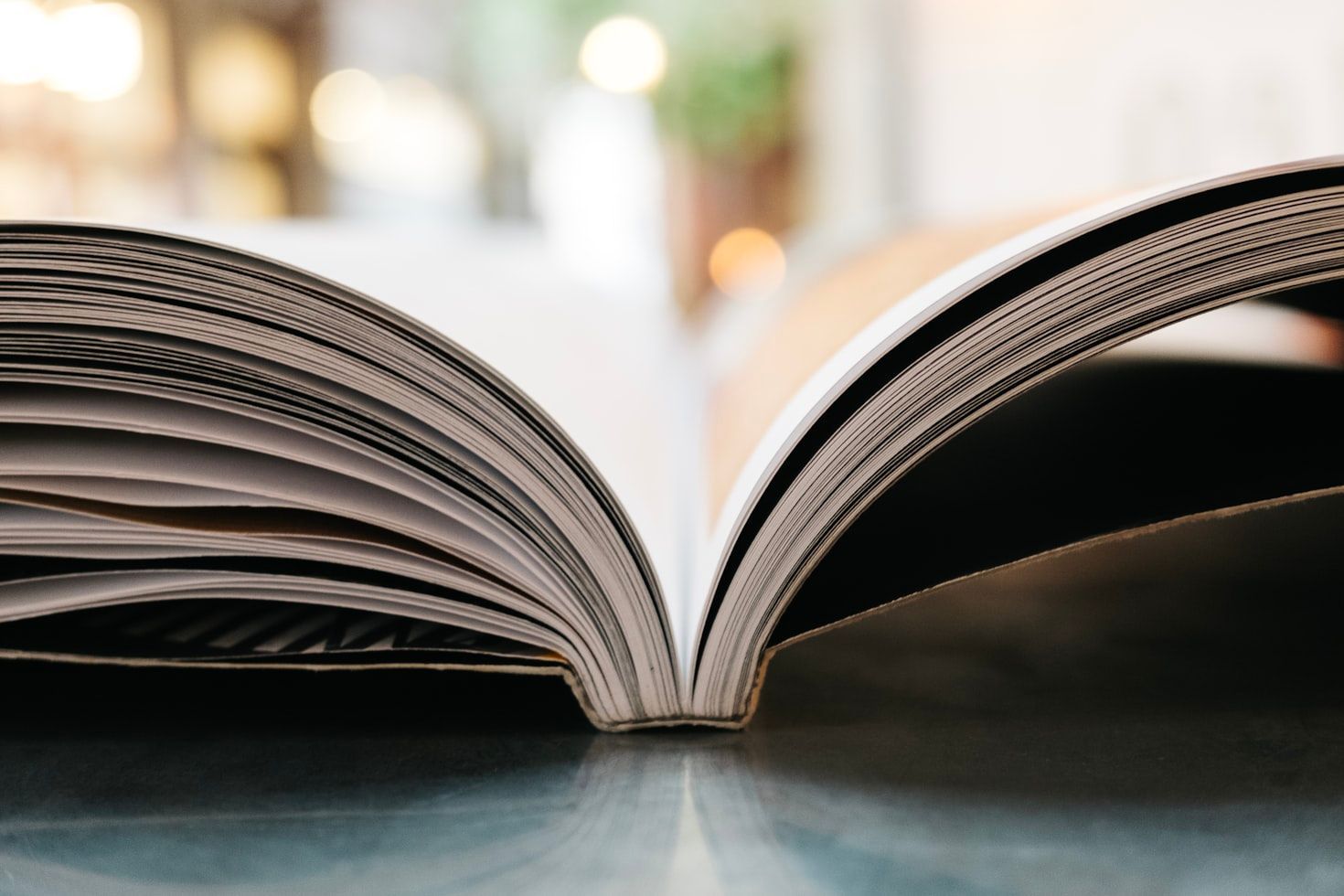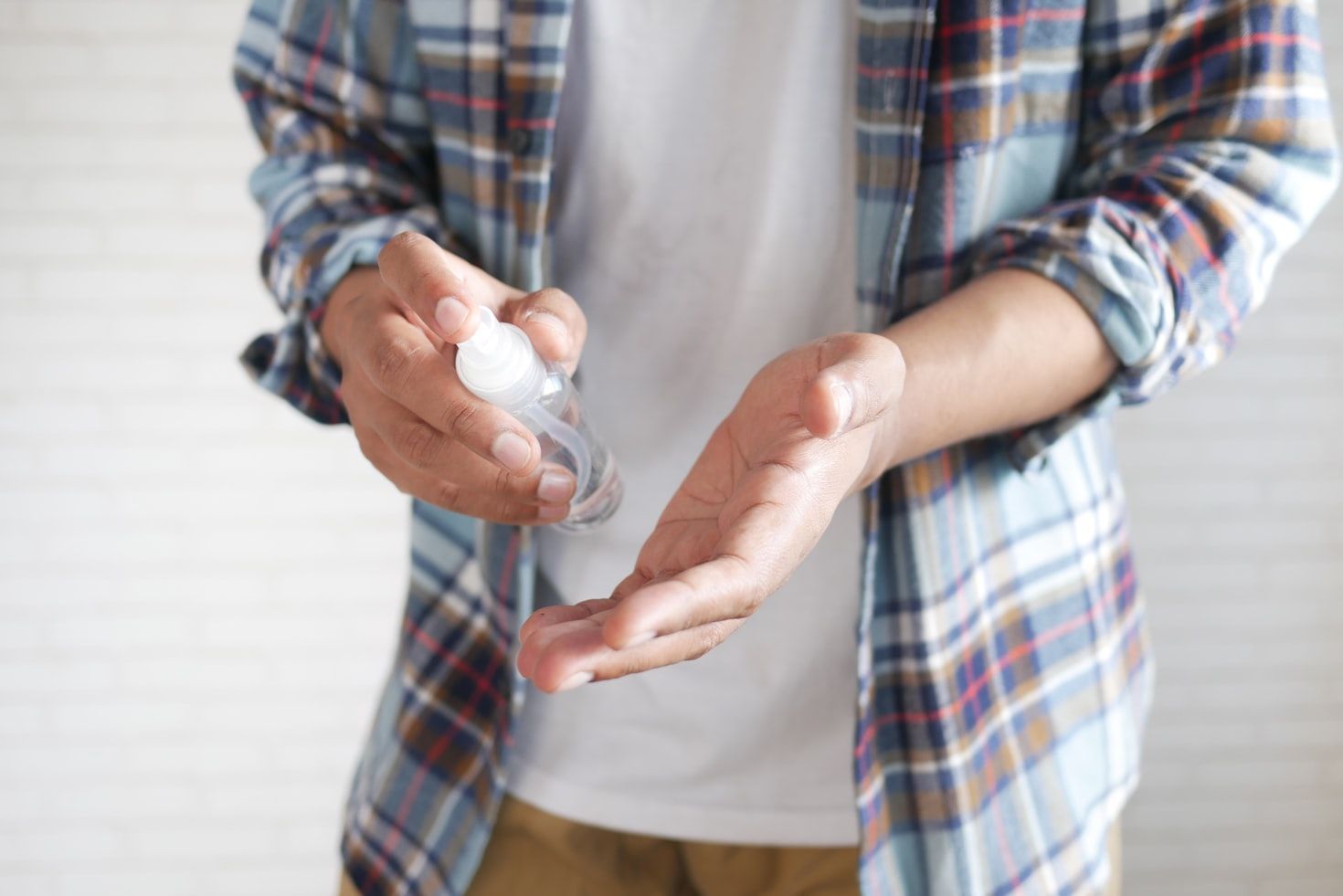Have you seen them?
Do you love the Bard? Here are 11 film adaptations that you might like
Published on July 17, 2025
 Credit: Jeremy Yap
Credit: Jeremy Yap
William Shakespeare’s plays are among the most represented and reimagined literary works in history and have been viewed through many different cultural lenses and adapted to multiple formats. Today, let’s have a look at 11 Shakespeare adaptations to film!
Romeo + Juliet (1996)
 Credit: Max Kleinen
Credit: Max Kleinen
Let’s start with a well-known modern classic. Baz Luhrmann's 1996 adaptation of Romeo and Juliet sets this beloved play in modern-day Verona Beach, New York, instead of the Italian city of Verona, with Montagues and Capulets as mobsters instead of noble families.
What makes this version so attractive? Besides Luhrmann’s colorful cinematography, the original script is unchanged (only a few characters are given first names), which creates a sharp contrast between the modern scenarios and the Shakespearean vocabulary.
The Hollow Crown (2012)
 Credit: Carlos N. Cuatzo Meza
Credit: Carlos N. Cuatzo Meza
The only TV series on this list, The Hollow Crown takes on the huge task of faithfully adapting Shakespeare’s two historical tetralogies (a group of four works). The first series follows the events depicted by Shakespeare in Richard II, Henry IV (part 1), Henry IV (part 2), and Henry V.
The second series, The Hollow Crown: The Wars of the Roses, follows Shakespeare’s account of the 15th-century Civil War, depicted in Henry VI (parts 1, 2, and 3), and Richard III.
Cymbeline (2014)
 Credit: Tony Pham
Credit: Tony Pham
This modern adaptation of the Shakespearean tragedy of Cymbeline changes the original setting from Ancient Britain to the contemporary U.S., with the feud between Britons and Romans transforming into turf wars between biker gangs and dirty cops.
10 things I hate about you (1999)
 Credit: Jonas Jacobsson
Credit: Jonas Jacobsson
This teen romantic comedy has become a cult classic, but did you know it was based on a Shakespearean play? 10 Things I Hate About You gets its storyline from The Taming of the Shrew, where the suitors of young Bianca, unable to get married until her headstrong sister Kate does first, convince Petrucchio to marry and ‘tame’ the elder sister.
In the 1999 rom-com, the Italian setting transforms into a Seattle high school, and the prize is being Bianca’s date to prom.
The Lion King (1994)
 Credit: Brianna R.
Credit: Brianna R.
The literary origins of this children’s classic should not be too hard to discover: A beloved king is murdered by his greedy brother, who then usurps the throne that should go to his young son? This is, obviously, the main plot of Hamlet, with some changes made to make it suitable for children.
But what many people don’t know is that the sequel to The Lion King is also inspired by a Shakespeare play: the love story between Simba’s daughter and Scar’s son loosely follows the plot of Romeo and Juliet.
Ran (1985)
 Credit: Gaku Suyama
Credit: Gaku Suyama
Akira Kurosawa is regarded as one of the most influential filmmakers not only in Japan but in film history. His final film, Ran (meaning ‘chaos’), is a transposition of Shakespeare’s King Lear to medieval Japan, with the king and his daughters transformed into a warlord and his three sons.
This is not Kurosawa’s only encounter with Shakespeare’s works: before Ran, he had already directed Throne of Blood, a period piece based on Macbeth, and The Bad Sleep Well, a crime film based on Hamlet.
China Girl (1987)
 Credit: . c
Credit: . c
Several modern adaptations of Romeo and _Julie_t transform the family feud into racially motivated gang wars, one of the better-known being West Side Story. China Girl is also set in Manhattan, but it shows us the love story between Tony, a teenager from Little Italy, and Tye, a young girl from Chinatown.
Get over it (2001)
 Credit: Dima Shishkov
Credit: Dima Shishkov
This rom-com is a loose adaptation of Shakespeare’s A Midsummer Night’s Dream, where ancient Greece and the forests ruled by fairies transform into a high school, and the quarreling lovers are instead young teens experiencing dating problems.
As an ode to the original, Get Over It also uses the motif of ‘the-play-within-the-play’, with the main characters representing a musical version of Shakespeare’s original play.
Much Ado About Nothing (1993)
 Credit: Anton Sulsky
Credit: Anton Sulsky
This adaptation by Kenneth Branagh, known for his love of the Bard, may initially look out of place in this list, as it is neither a monumental production nor a different interpretation of the original play.
What makes this version remarkable, besides the talented cast and their interpretation, is how the original Shakespeare becomes accessible and entertaining, making this film one of the most successful Shakespeare film adaptations to date.
Men of Respect (1991)
 Credit: Aaron Chavez
Credit: Aaron Chavez
This mobster film follows the storyline of one of Shakespeare’s most well-known plays, Macbeth, but reimagines the Scottish original in a modern setting, showing us how the greed of a crime family’s lieutenant leads him to assassinate his boss and seize control of the business.
She’s the Man (2006)
 Credit: Darya Tryfanava
Credit: Darya Tryfanava
Like many of Shakespeare’s comedies, Twelfth Night includes entanglements and women disguised as men. She’s the Man gives us a rom-com modern version of the play, with teenage Viola dressing up as her twin brother and taking his place in a boys’ boarding school.










